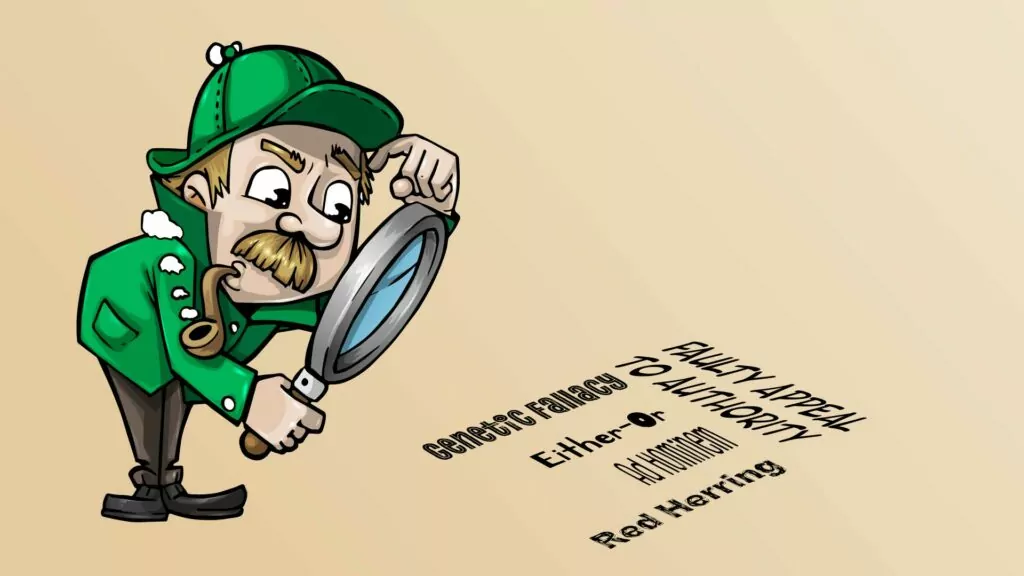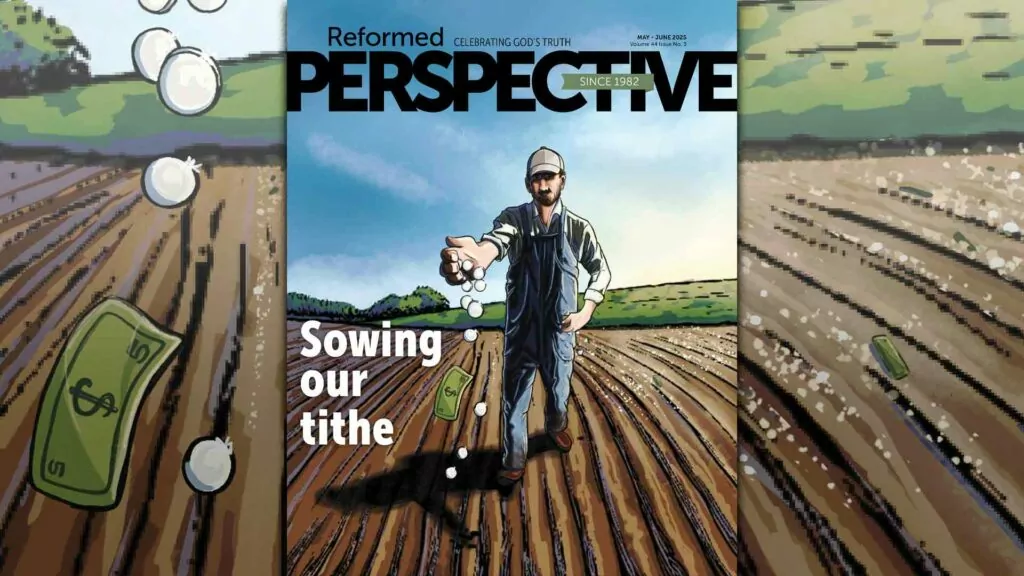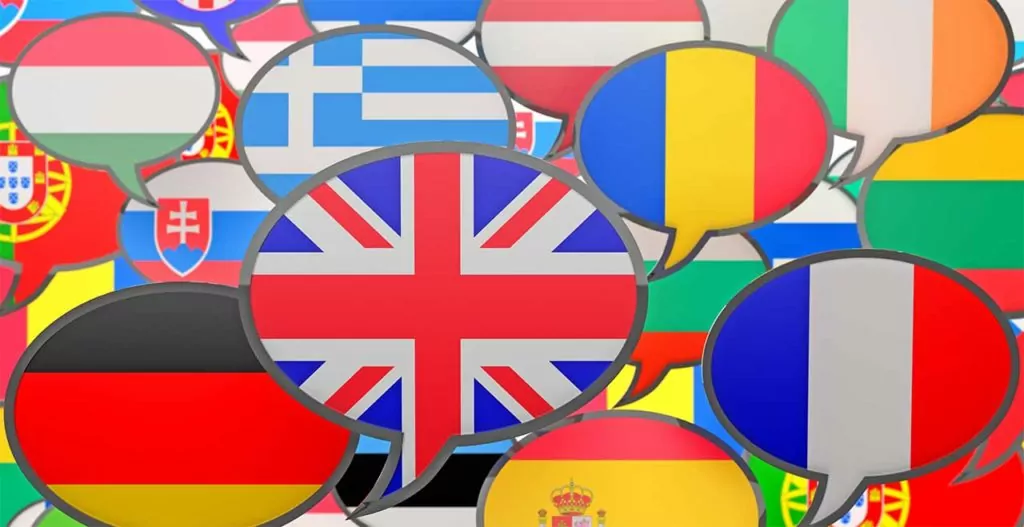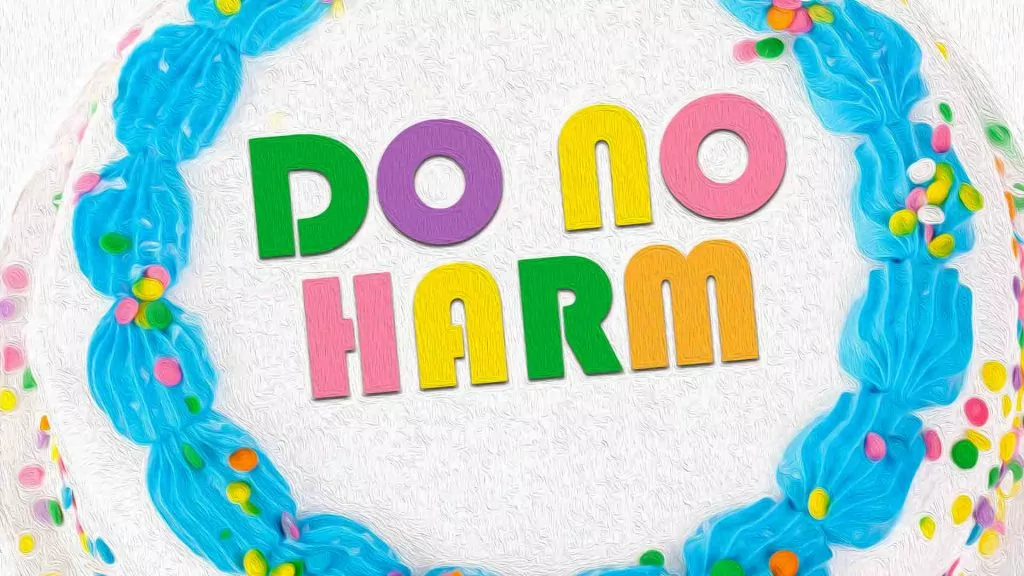“I’m sorry” or “please forgive me” – does it make a difference? Aren’t they just two different ways of saying the same thing?
Not really. “I’m sorry” can lead to regret, which leads to enslavement. “Please forgive me” leads to repentance, which leads to freedom.
Sorry I was caught
Saying I’m sorry doesn’t really require a change of heart. For example, one child takes another child’s toy truck without permission. He is caught in the act. He is told to go to his brother, give the toy back and say he is sorry. He does this, but inside he is still unhappy he doesn’t have the toy. His brother, on the other hand, is happy to have the toy back, but he is upset that the toy was taken in the first place. On the surface, everything looks okay. The wrong act was discovered, the perpetrator said he was sorry, and everything is back to normal.
But what about beneath the surface? And how is saying I’m sorry not helpful, but actually destructive?
The above scenario demonstrates not only a momentary conflict, but an ongoing problem of anger and injustice. How could asking for forgiveness make a difference?
Simply saying one is sorry doesn’t address the underlying heart issues. The problem here is that while the first child may regret the incident, the regret may be focused on the fact that he was caught, not that he disobeyed God and attempted to wrong his brother. Let’s revisit the scenario, this time focusing on asking for forgiveness.
Can we be restored?
Mom sees that the toy truck has been wrongfully taken. She calmly confronts her son and administers the appropriate discipline. She addresses the sin and tells her son he should seek to serve his brother rather than take advantage of him. Now the real issue of selfishness is out in the open. Then she instructs her son to go to his brother and say, “Nathan, please forgive me for trying to take your truck. That was selfish of me. Please forgive me for not caring for you.” Mom knows that repentance means not only acknowledging what was wrong, but replacing it with what is right.
In response, Nathan has been taught to say I forgive you. And with encouragement from his mom, he also says, “we can play with the truck together.”
The issue of regret has been addressed for both brothers. The groundwork is being laid for forgiveness to result in repentance and in building a solid relationship between these brothers.
Conclusion
Will this same scene be replayed the next day? Probably, yes! But daily training in righteousness will begin to build in patterns of forgiveness and repentance that will serve both brothers for the rest of their lives.
“I’m sorry” or “Please forgive me.” It makes a difference!
“Godly sorrow brings repentance that leads to salvation and leaves no regret, but worldly sorrow brings death.” – 2 Corinthians 7:10
This article first appeared at ShepherdPress.com/blog and is reprinted here with permission of the author.












